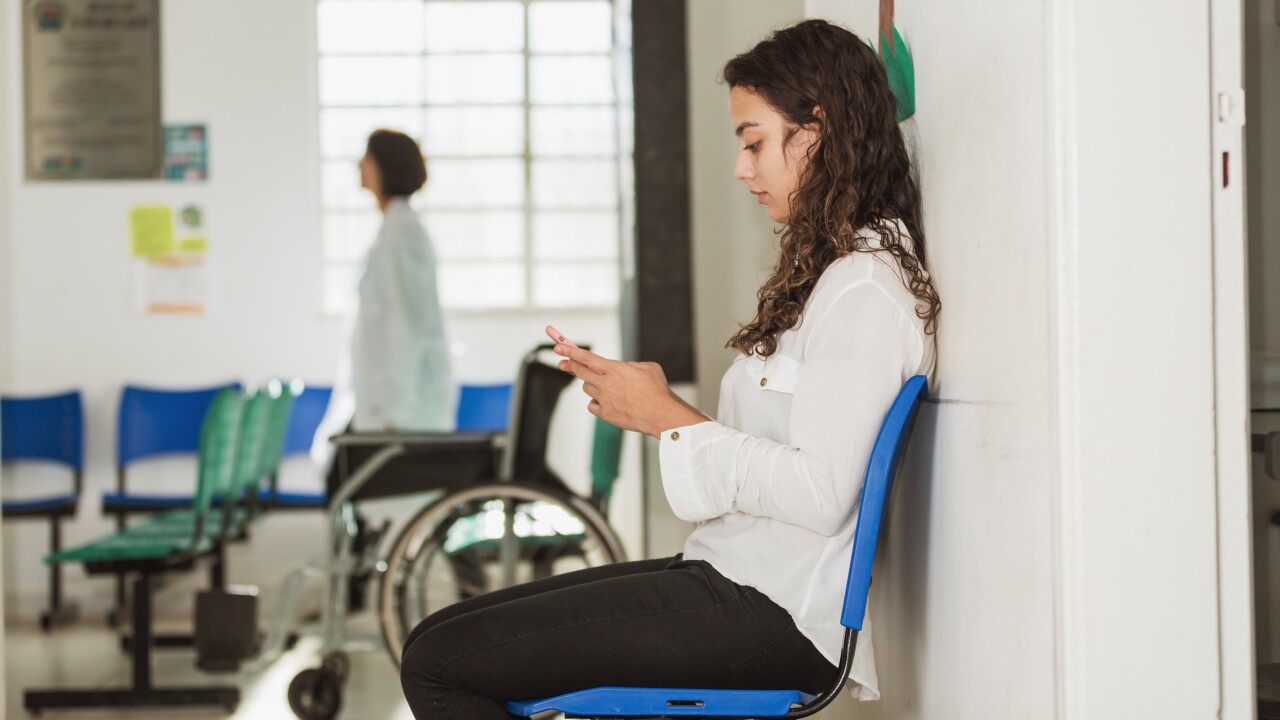Healthcare has been top of mind this week in particular, as Americans grapple with the fallout from the end of Roe v. Wade. But healthcare access is regularly a challenge for many employees, and it’s up to employers to help them.
For the LGBTQ community, discrimination in their healthcare experience can have lifelong consequences in access to care, medication and insurance coverage. And it’s only going to get worse, warns Dr. Corina Lelutiu-Weinberger, an associate professor at Columbia University and a social psychologist. She shared the hurdles LGBTQ individuals face and how employers can reshape a broken system.
“We need to work with health insurance companies and employers, because that's where change can happen. Things will improve if they change their policies to be more inclusive,” she says.
The Supreme Court’s decision to overturn Roe v. Wade has restricted access to vital healthcare for millions of Americans. What role can — and should — employers play? From the legal implications for employers offering travel benefits, to what the Supreme Court may go after next, like birth control and emergency contraception, catch up on everything we’ve covered, and what comes next.
Healthcare professionals and providers weighed in their predictions for the future in our recent healthcare spotlight, where we looked at the future of virtual care, the innovative benefits employers are continuing to launch, and how providers are addressing BIPOC care in their modern benefits plans. Read more of our top stories from the week to ensure you’re keeping your employees’ healthcare needs top of mind.






